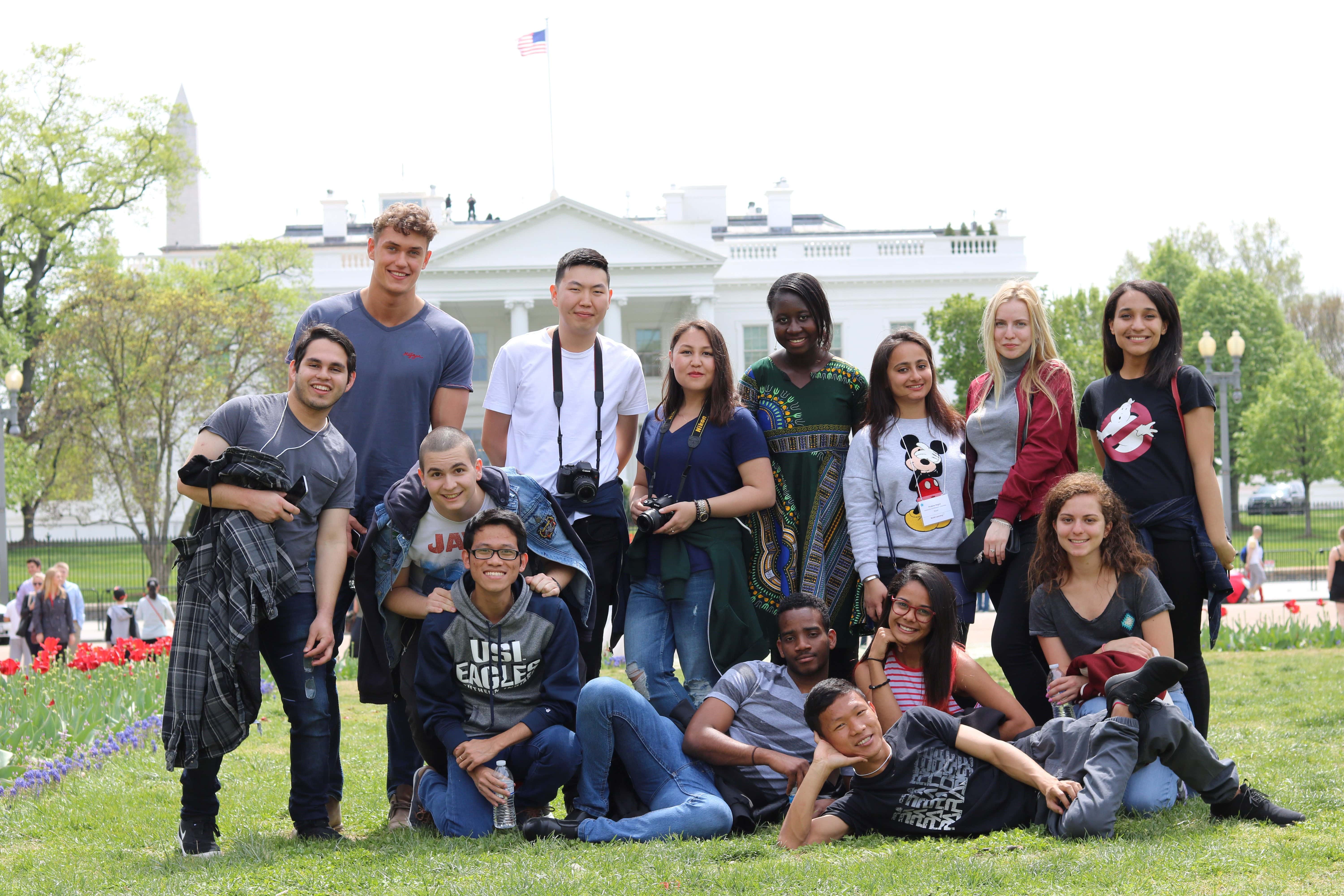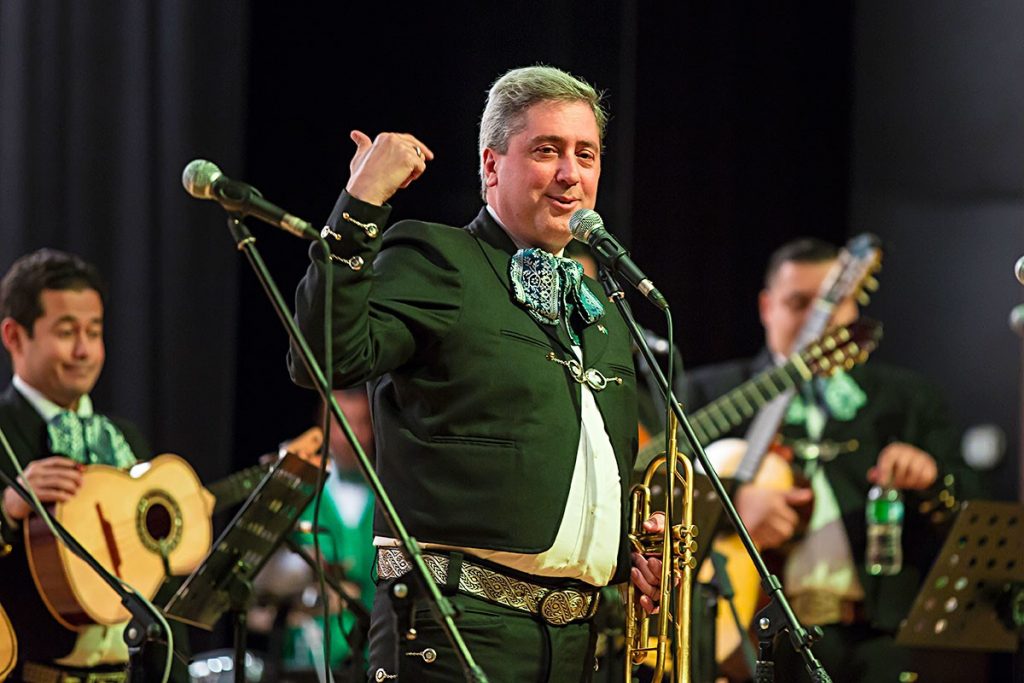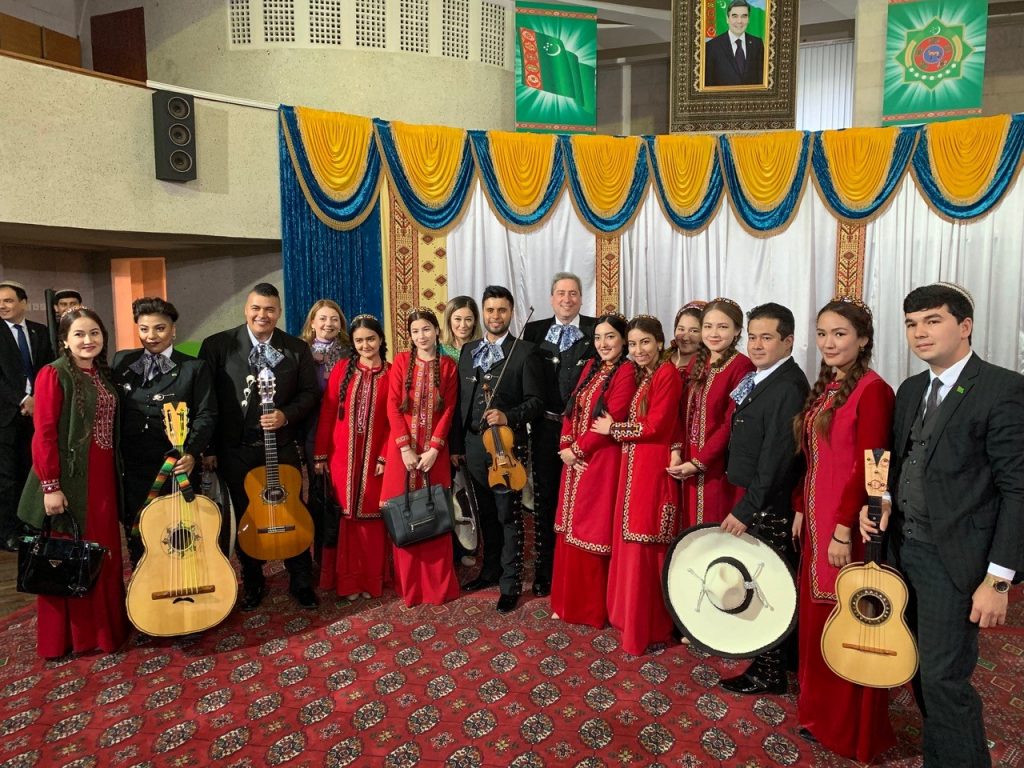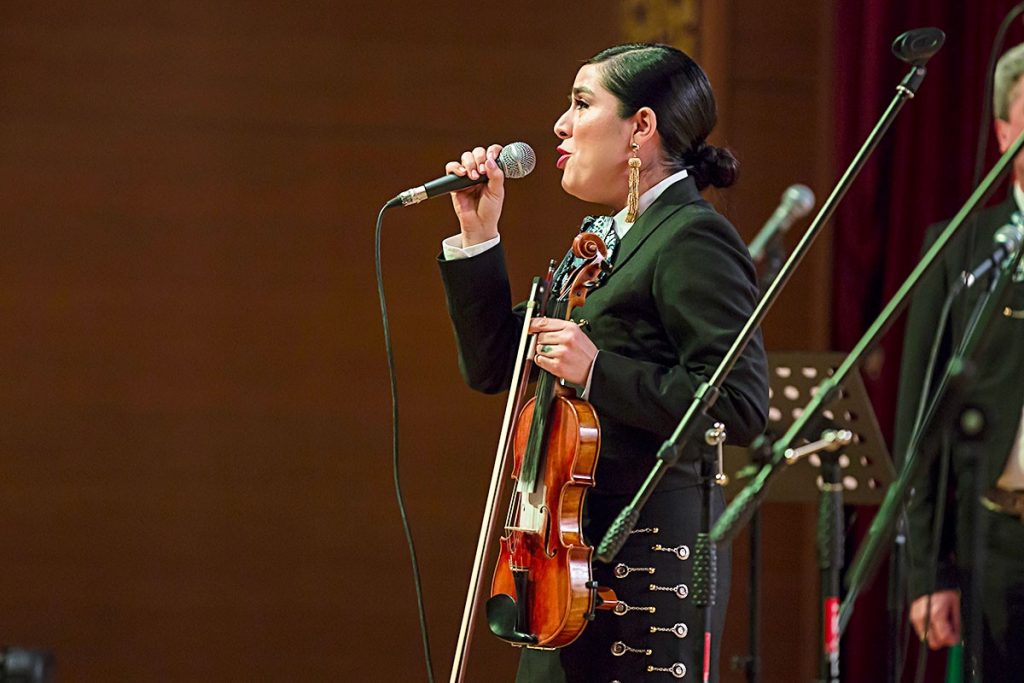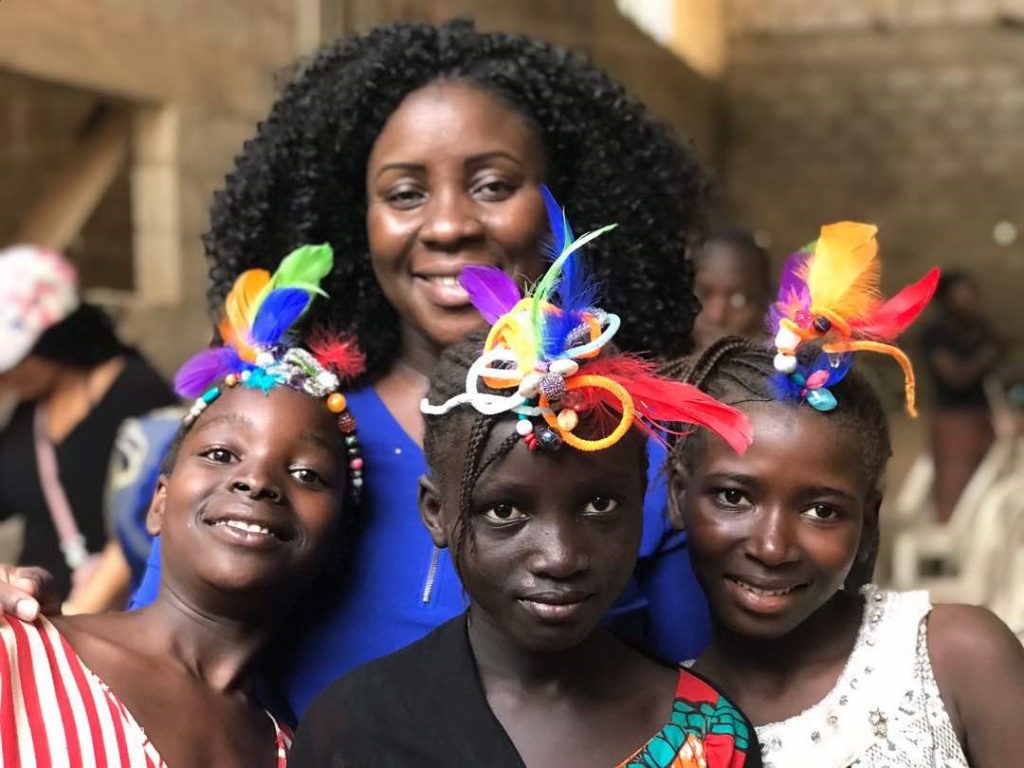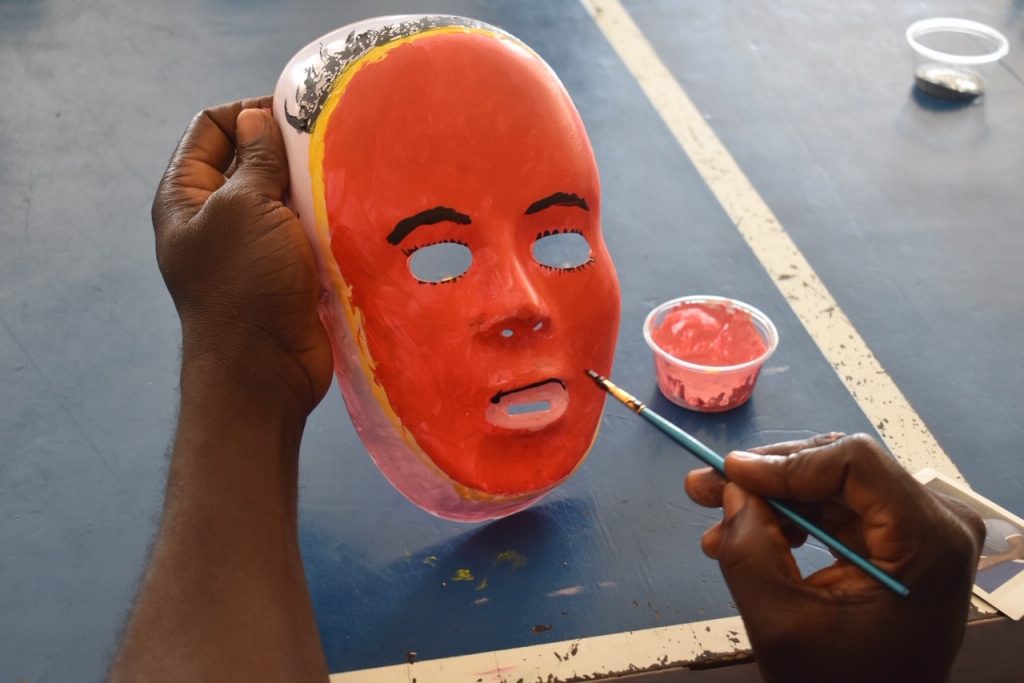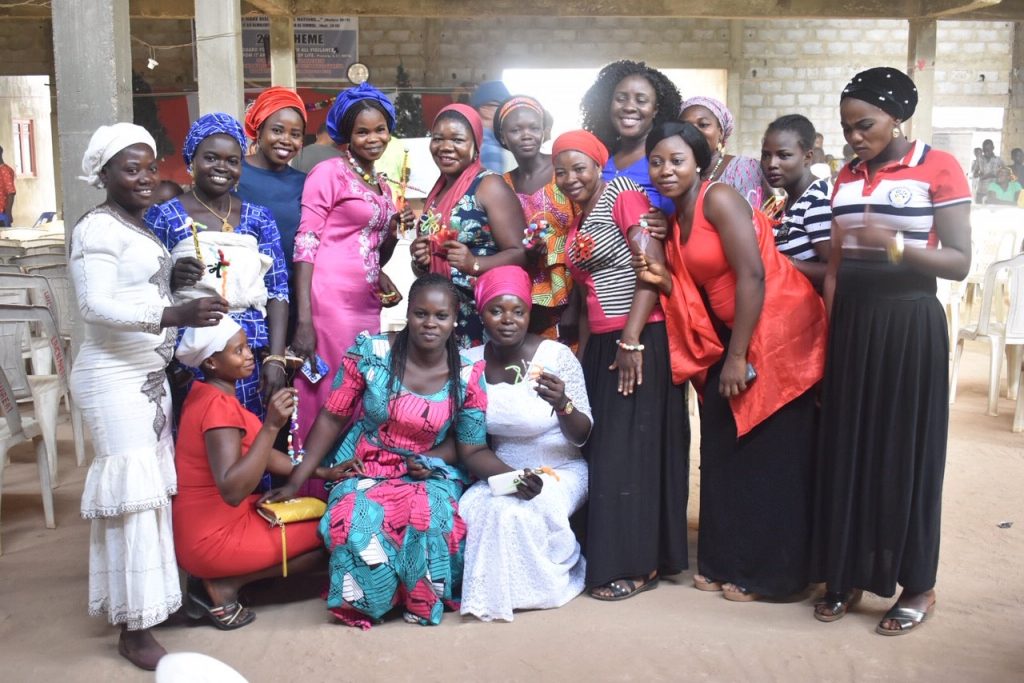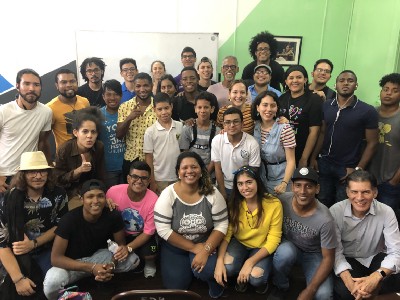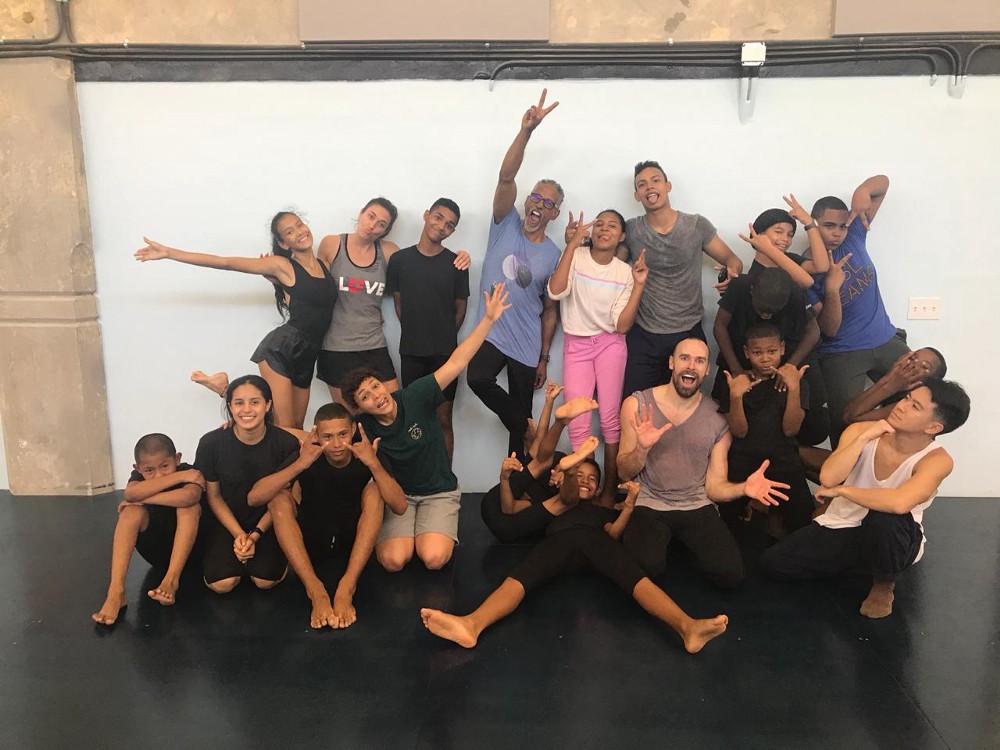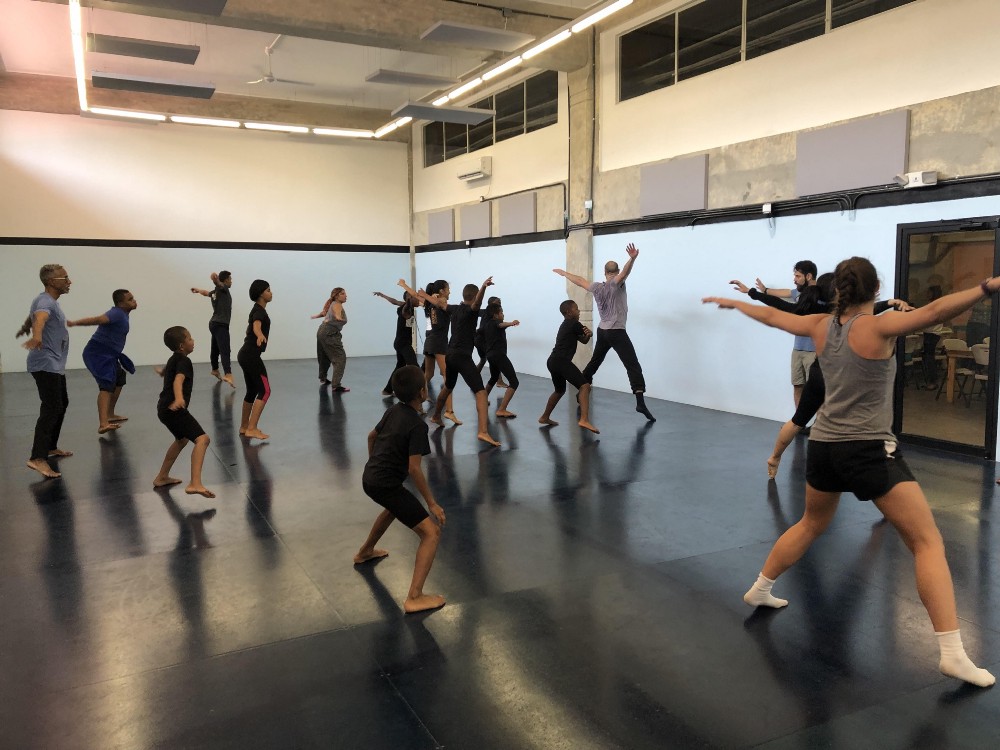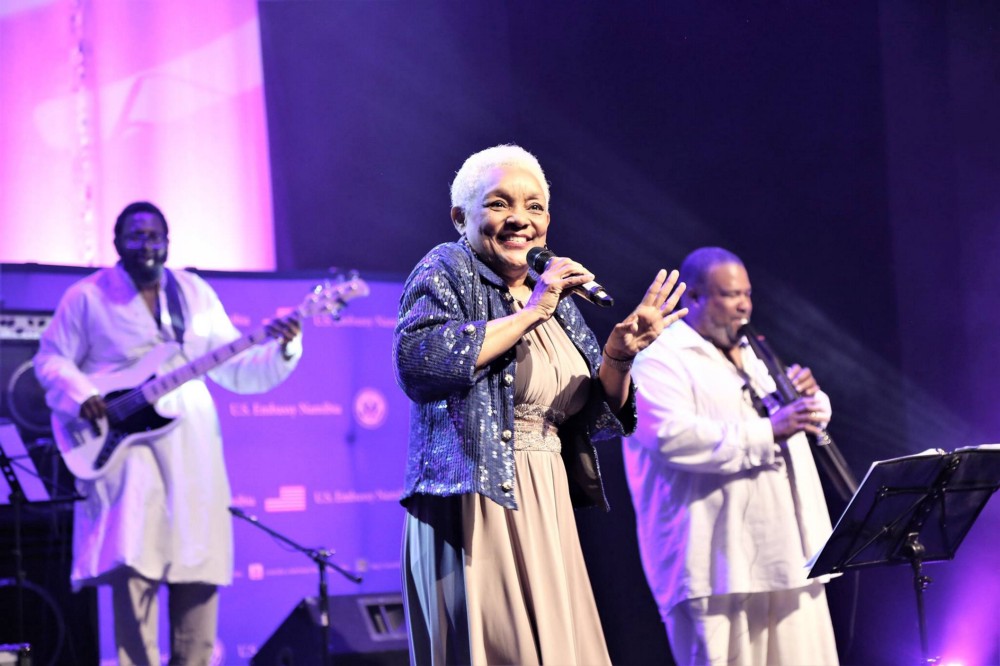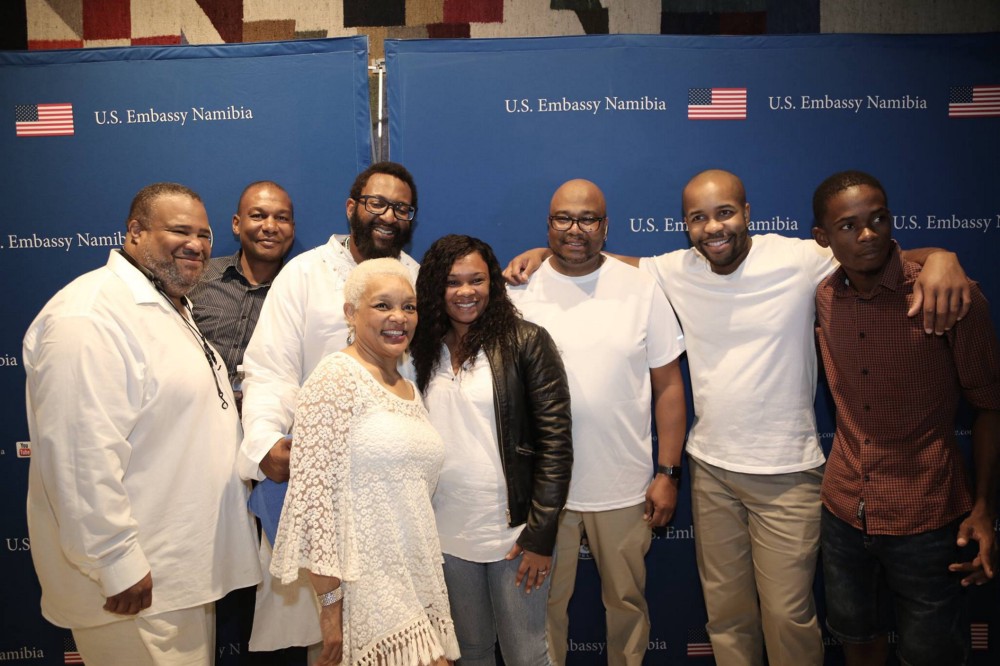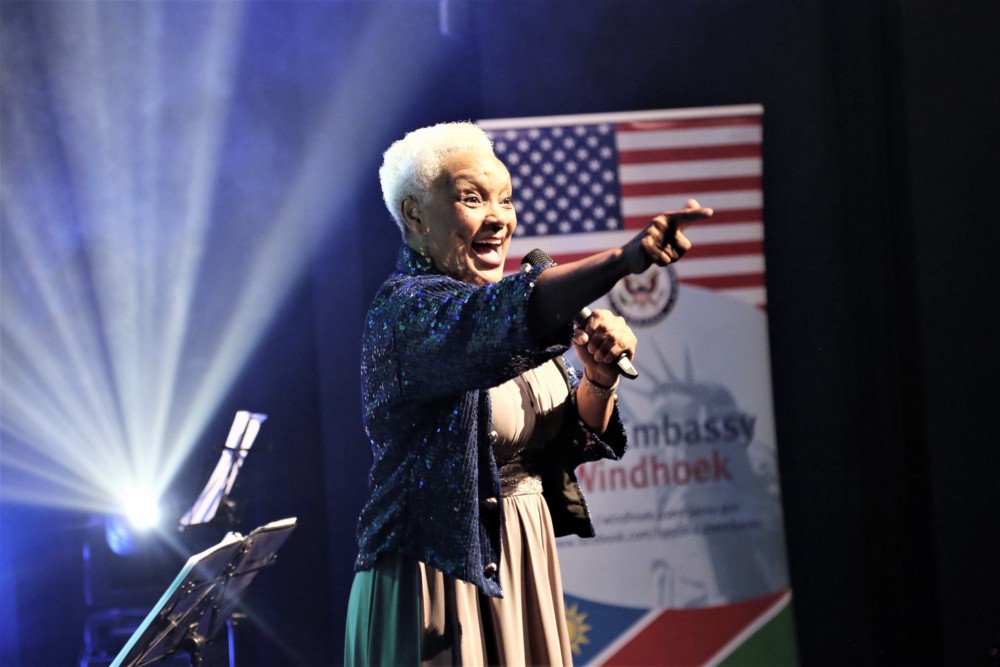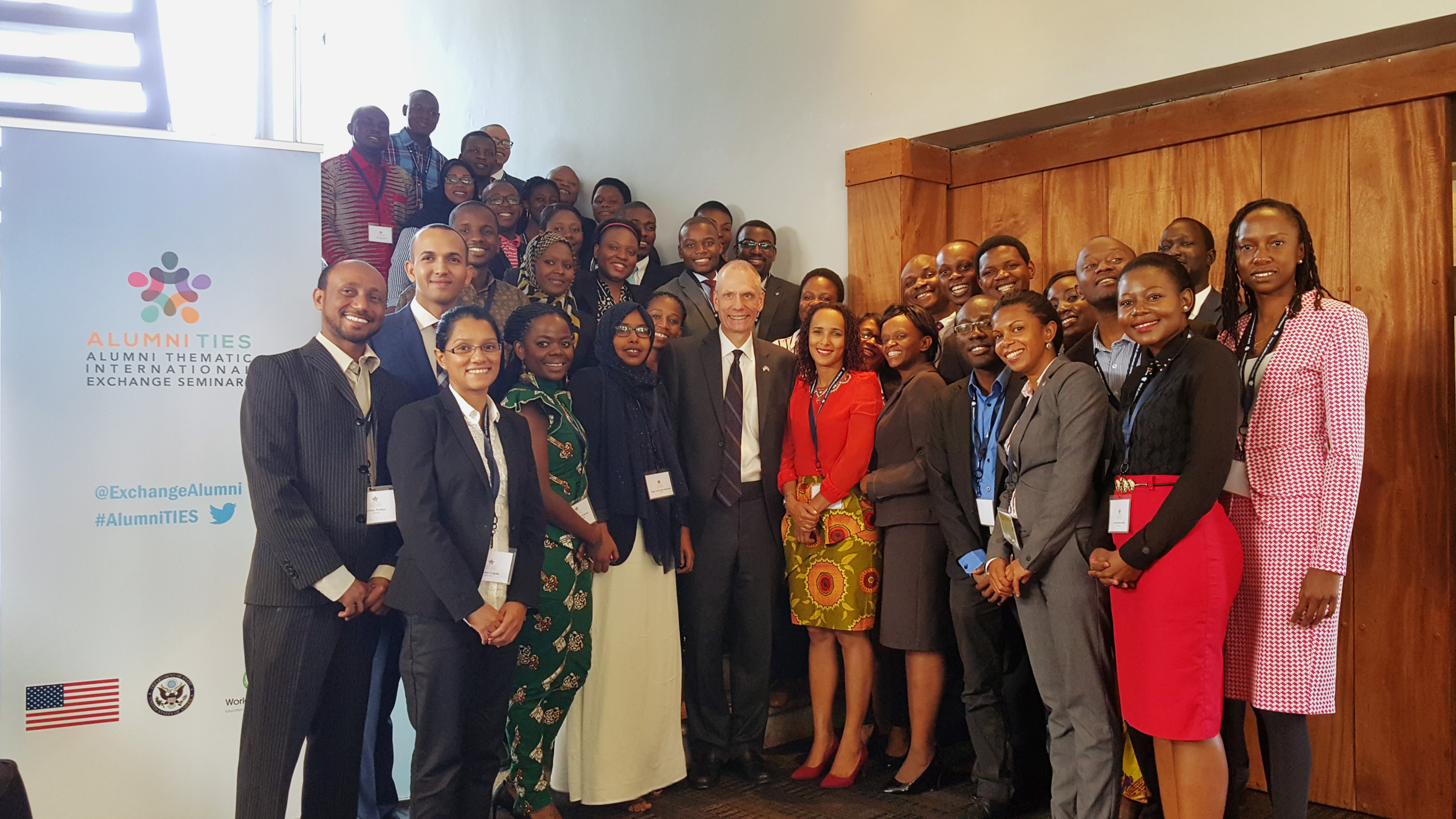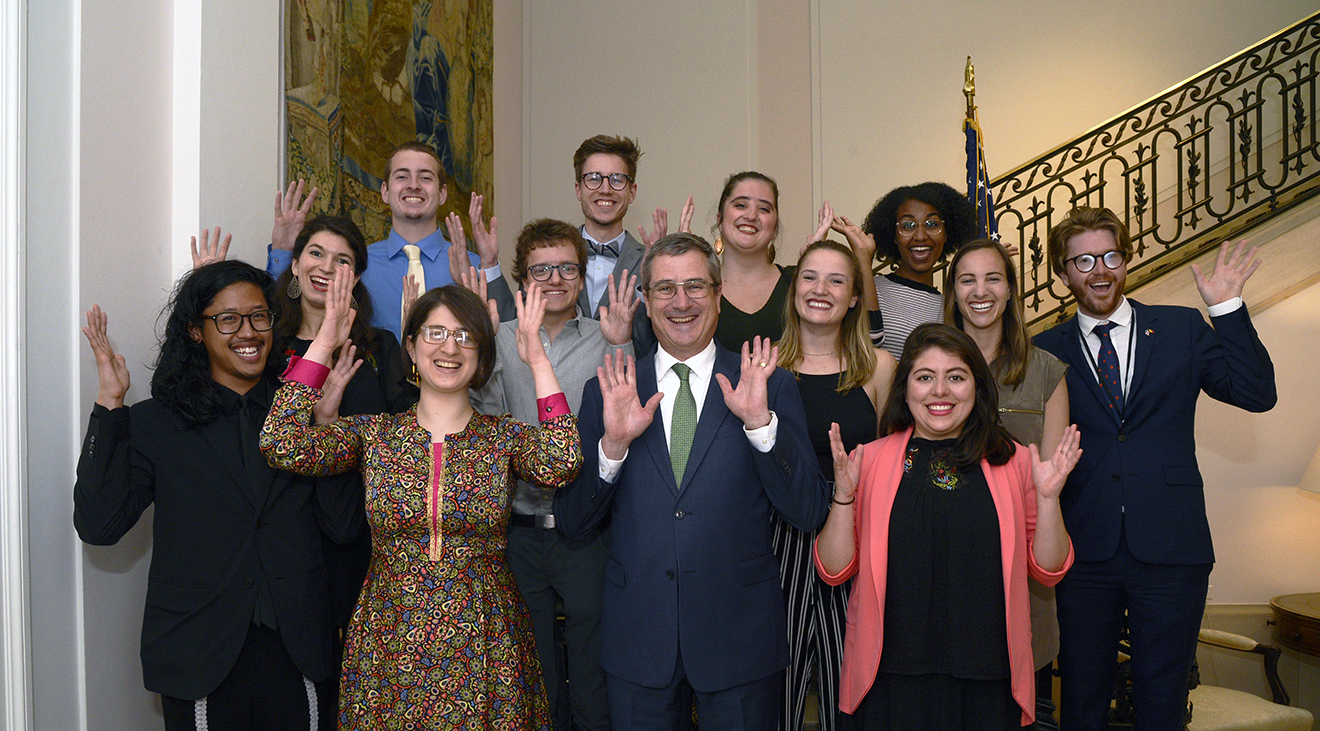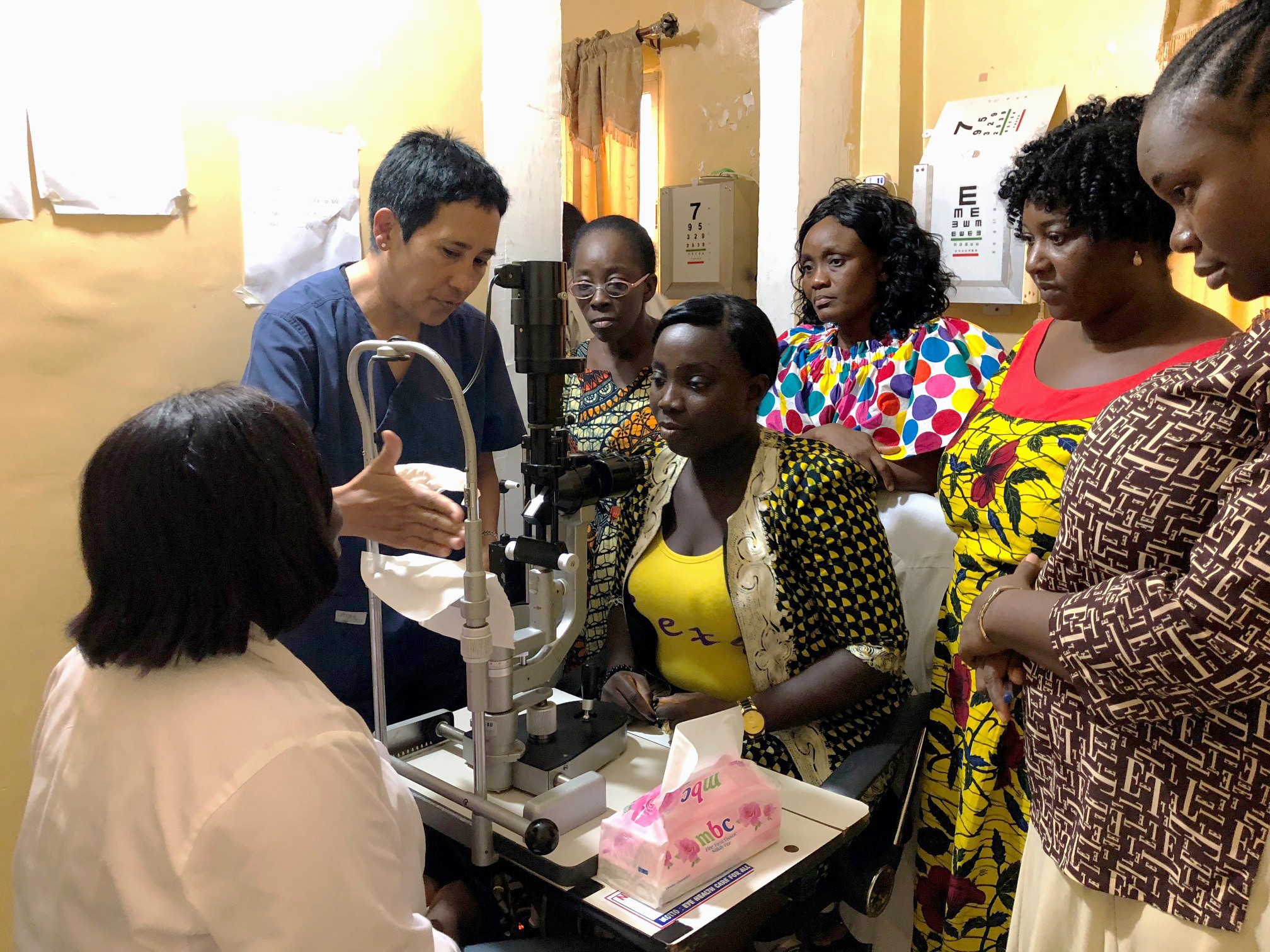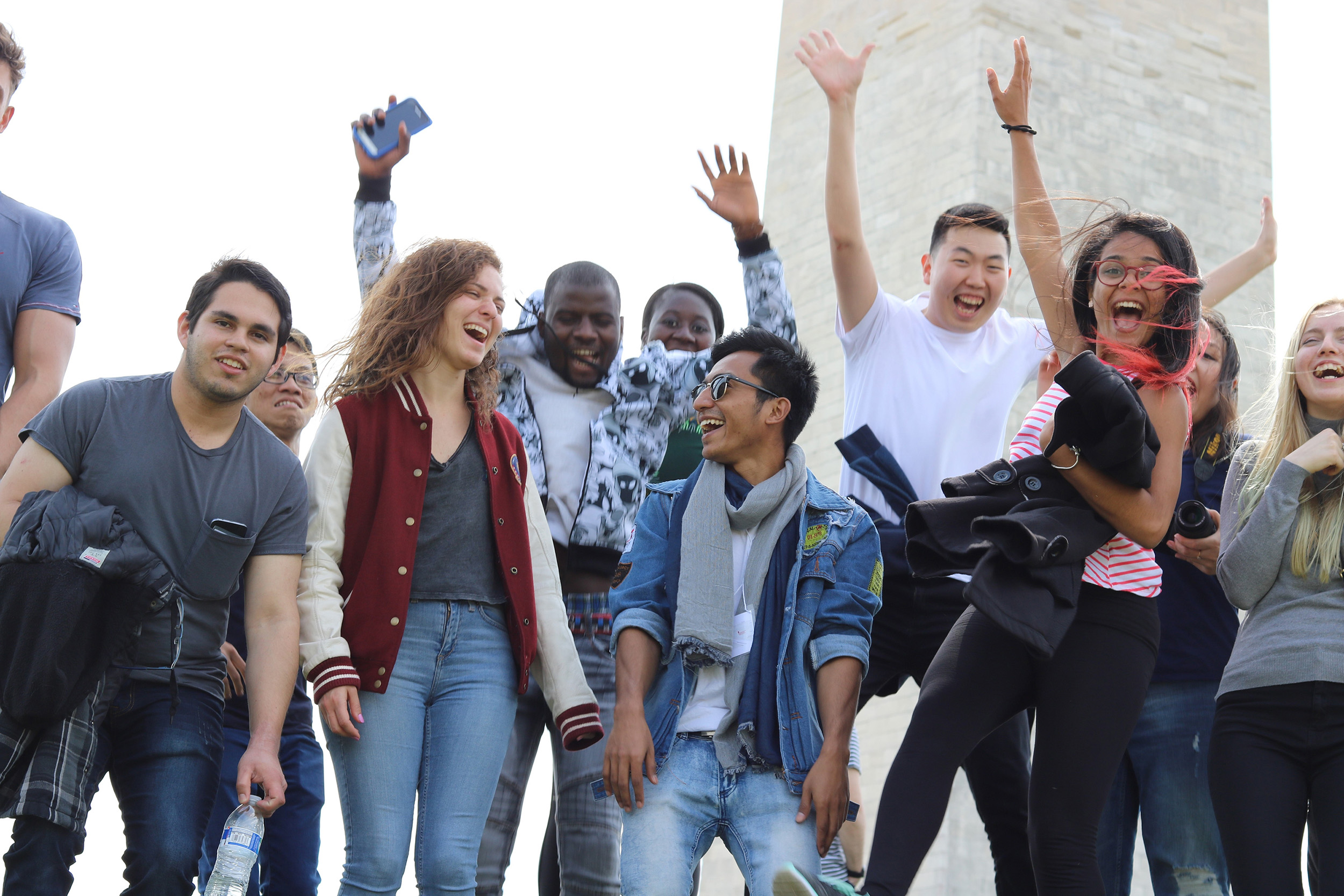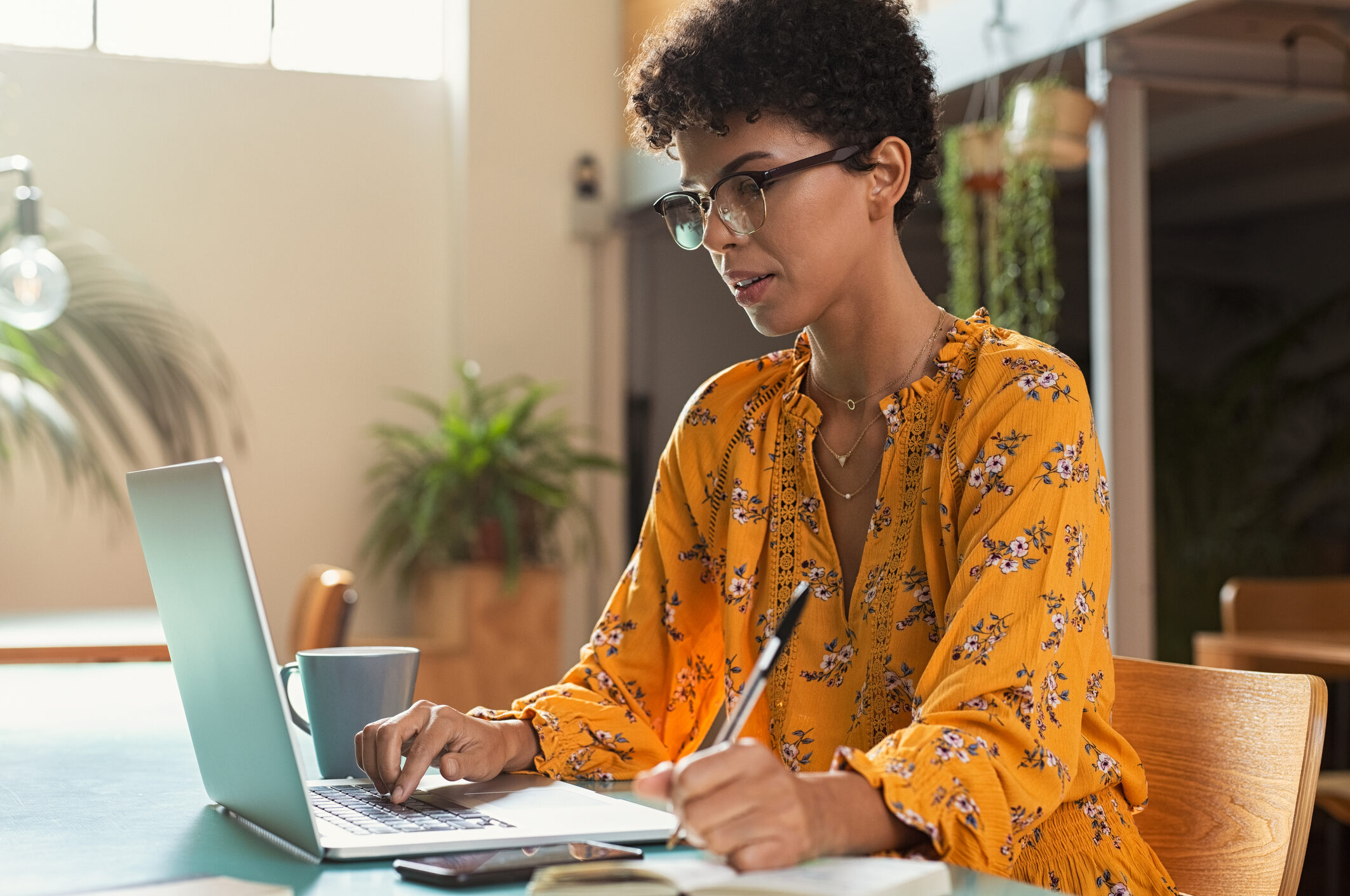-
What We Do
- WHERE WE WORK
-
About Us
 Welcome Message from Carol Jenkins
Welcome Message from Carol JenkinsFor more than 90 years, World Learning has equipped individuals and institutions to address the world’s most pressing problems. We believe that, working together with our partners, we can change this world for the better.
On my travels, I’ve had the opportunity to meet with many of those who have joined us in this mission. In Baghdad, we’ve trained more than 2,300 Iraqi youth who are already giving back at home. In London, our partners in the TAAP Initiative strongly believe that we are all responsible to practice inclusion. And in Vermont, our Experiment in International Living and School for International Training participants prove every day that they have the tools and the determination to change the world.
Please join us in our pursuit of a more peaceful and just world.
- Get Involved
Country: Turkmenistan
Five Inspiring Workshops and Performances from the Arts Envoy Program
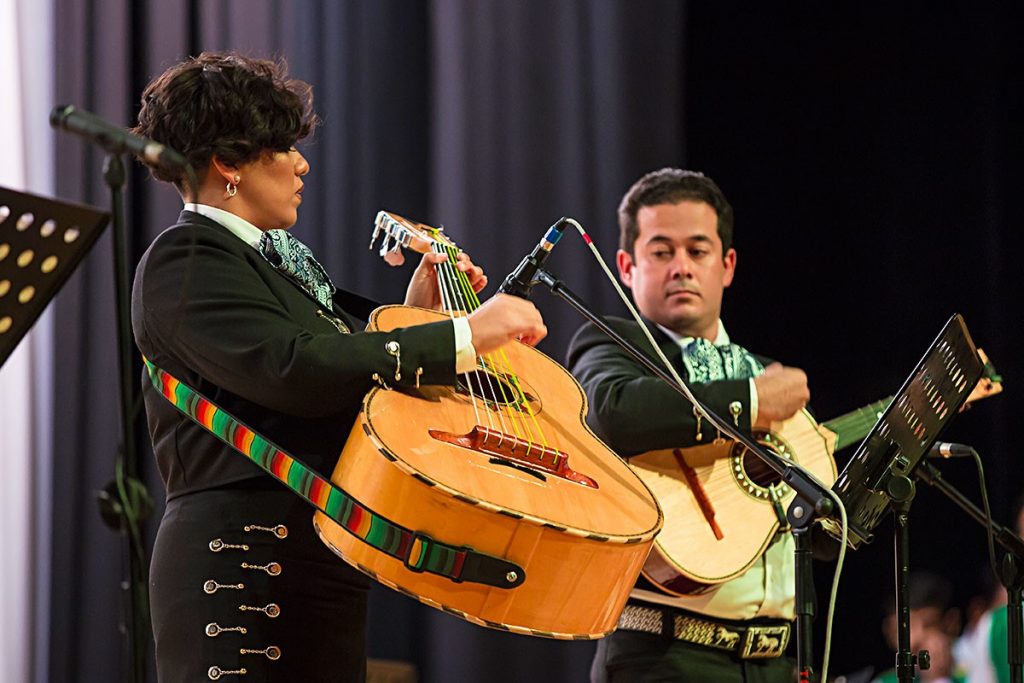
Art is one of the most powerful ways to communicate across cultures. When you’re expressing yourself through music, dance, visual arts or any other artistic medium, language barriers fall away.
The Arts Envoy Program — which is sponsored by the U.S. Department of State with funding provided by the U.S. government — sends artists and cultural experts from the United States abroad to share U.S. culture and society through their work. Arts Envoys work with the U.S. Department of State and individual embassies in each country to plan short programs that often include performances, workshops, seminars, and more.
World Learning has seen a lot of amazing projects since we began implementing the Arts Envoy Program on behalf of the State Department in 2016. Here, we’re highlighting a few of the many inspirational projects from the past year:
Mariachi Champana Nevin
Destination: Turkmenistan
Program title/theme: Southwestern American Music
Mariachi Champana Nevin traveled to Turkmenistan with one overall objective: for the people of Turkmenistan to get to know more about the U.S. through goodwill and openness. Known for its unique style of classical mariachi music, the ensemble performed and held master classes in the country’s capital city while also taking in performances by Turkmen artists. For their final performance, Mariachi Champana Nevin joined with the Turkmen National Orchestra to play pieces of mariachi and traditional Turkmen music that they had arranged for one another.
According to Mariachi Champana Nevin founder Jeff Nevin, the group used every opportunity to emphasize the multiculturalism of the U.S. — telling their audiences that not only were they U.S. citizens playing Mexican music, but that the U.S. embraces and identifies with music from all over the world. In a World Learning survey at the end of the program, he remarked that cross-cultural exchanges like the Arts Envoy Program are critical.
“If more people around the world could meet more people from different parts of the world, then I truly believe that there would be less conflict,” he wrote. “When people meet they begin to understand one another better … and music is a profound medium through which these connections can be made. Musicians understand one another, we don’t even need to speak — we simply play our music, they play theirs, we can perform together. That erases the boundaries that build up when people don’t communicate.”
Heather Maxwell
Destination: Togo
Program title/theme: Martin Luther King, Jr. and Civil Rights: The Music of the Struggle
Heather Maxwell knows what it means to share culture through music. This accomplished singer and songwriter is an ethnomusicologist and host of the “Music Time in Africa” program on Voice of America. In February, she traveled to Togo for a series of performances across the country honoring Martin Luther King, Jr. and Black History Month.
Hosted by the U.S. Embassy in Lomé, each performance was different in style — such as a formal concert at the U.S. Embassy and more informal performances at local schools — but came paired with an art exhibit about the U.S. Civil Rights Movement. Backed by a local choir, Maxwell performed a repertoire of songs that were important during the movement, taking time to explain each song’s personal and cultural resonance. While she spoke primarily in French, Maxwell also sang one song in Ewe, the language of one of Togo’s major ethnic groups.
Since her return to the U.S., Maxwell says she’s started playing a lot more Togolese music on her radio show and continues to build relationships with musicians and DJs from the West African country. These connections made her Arts Envoy experience a particularly rich one, she said in a program survey. “There was a truly wonderful exchange happening musically.”
Alby Gyimah-Boadi
Destination: Nigeria
Program title/theme: Transforming Youth Through Art
Not only does art help people share their lives across cultural barriers, it also has the power to heal. In December, Arts Envoy and art therapist Alby Gyimah-Boadi traveled to Nigeria at the invitation of the U.S. Embassy in Abuja to help people affected by conflict learn how to express themselves through art.
Gyimah-Boadi, a licensed graduate professional counselor, tailored her activities to each community she visited. For example, at a refugee camp for those who have been displaced by Boko Haram, Gyimah-Boadi taught women and children how to create strength dolls “to show that they had the strength within them to have gone through all that they did and survived.” She then met with incarcerated men and youth to explore identity by designing masks depicting how others see them and how they would like to be seen. “It seemed like this was the first time they had been given a chance to express themselves and have their side of the story told via art form,” she says.
Sharing that experience with people was exactly Gyimah-Boadi’s goal for the program. “Coming from a developing country (Ghana), I knew I always wanted to be able to take my profession back home and to other places that did not easily have access to this service,” she says. “Being in Nigeria and interacting with the various communities definitely was an eye opener in what things I need to consider when working with communities outside of the western hemisphere. This trip really broadened my horizons and made it made me more aware of how important it is to meet individuals where they are in terms of their healing.”
REALITY
Destination: Panama
Program title/theme: Theater and Contemporary Dance
In March, REALITY traveled to Panama to perform at the Festival Internacional de Artes Escénicas as Arts Envoys. But for the Los Angeles-based contemporary dance group, which is led by acclaimed choreographer, writer, and director David Roussève, this trip was more than just a performance abroad. “We were re-inspired,” says Leanne Poirier, a member of the group.
The Arts Envoy Program gave REALITY an opportunity to connect and share their passion with the people of Panama. They explored the city and went dancing for fun with their new friends. They led a workshop at a local dance academy, where Roussève also held a discussion with jazz students. They also held workshops at Enlaces, an after-school program for at-risk youth.
Poirier says the latter experience was particularly powerful. REALITY taught the Enlaces students a dance phrase from their piece and worked with them to choreograph their own duet phrases. Poirier was paired with a dancer named Luis, who spoke no English while she spoke little Spanish. But the duo learned to communicate through movement. “That inspired me to want to work more with communities in the U.S.,” she says. “Working with Luis was one of the most special moments of my career that I will never forget!”
The Myrna Clayton Experience
Destination: Namibia
Program title/theme: Promoting U.S. Culture Through Jazz Appreciation
Myrna Clayton believes that jazz has the power to cultivate the cohesion and unity that makes the world a better place. “Jazz is more than music — it is an example of how to get along while maintaining one’s uniqueness,” says the singer/songwriter and bandleader of The Myrna Clayton Experience. “Jazz is organized free expression and creative improvisation while remaining cohesive and unified.”
In March, The Myrna Clayton Experience traveled to Namibia to share their passion for jazz as Arts Envoys. Organized by the U.S. Embassy in Windhoek, the 10-day trip included interviews with Namibian media as well as seven performances across the capital city including public concerts, a concert at the U.S. ambassador’s house, jam sessions with local musicians, and workshops at an orphanage and a special needs school. As Clayton explains, their goal was to highlight jazz as an expression of U.S. history and a model for how others can build unity through individuality.
Each performance met with a tremendous response. “Everyone I met responded with joy — smiling and dancing,” Clayton says. “Wherever we performed crowds gathered.” Children ran on stage to dance and try out the band’s instruments, while diplomats and other officials sang along to the music as well.
Though the exchange is over, its memory will be preserved: During their trip, The Myrna Clayton Experience held an impromptu recording session with local professionals. Together, they created a song (which is still in development) that is both Namibian and American — and perhaps the ultimate expression of cross-cultural exchange.
The Arts Envoy Program is sponsored by the U.S. Department of State with funding provided by the U.S. Government and administered by World Learning.
Turkmenistan
Alumni Thematic International Exchange Seminars
Participant Profile
Participants are alumni of U.S. government-sponsored exchange programs and vary in age and level of expertise, but all will be engaged in the seminar topic and highly motivated to create change in their communities.
Please consult the list of U.S. government-sponsored exchange programs below.
- U.S. citizen: https://exchanges.state.gov/us
- Non-U.S. citizen: https://exchanges.state.gov/non-us
Participant Selection
Alumni TIES participants who are not U.S. citizens are nominated by the U.S. Embassies or Consulates in their countries. Please contact the U.S. Embassy or Consulate in your country to learn how you can participate in Alumni TIES. Potential Alumni TIES participants who are living in the United States can apply for specific seminars managed by World Learning. The web link to the online application will be distributed widely by the Office of Alumni Affairs of the Bureau of Educational and Cultural Affairs.
All participants for Alumni TIES seminars are selected by the U.S. Department of State.
Program Design
Alumni TIES seminars take place in six world regions and the U.S.; each seminar is three to four days for small groups of alumni. The seminars include speakers, capacity development trainings, and alumni networking activities. Through the small grants initiative, alumni have the opportunity to take action and make a positive difference in their communities.
Learn More
Watch more videos about the Alumni TIES program.
Read stories from past participants about their experiences at the seminars or with their small grant projects on the Alumni TIES blog.
For information on programs for U.S. government-sponsored exchange program alumni visit the International Exchange Alumni website.
Alumni TIES is sponsored by the U.S. Department of State with funding provided by the U.S. Government and supported in its implementation by World Learning, in partnership with the Office of Alumni Affairs of the Bureau of Educational and Cultural Affairs (ECA).
Communities Connecting Heritage
Communities Connecting HeritageSM Program Impact
____
CCH Alumni Small Grants
At the conclusion of the program’s third year, the CCH team opened the Communities Connecting Heritage Small Grants to organizational and community member alumni from all three CCH cycles. The following projects were selected for CCH Small Grant implementation.
Kristina Llane (Albania)
Title of Project: Beekeeping Tradition as and Educative Tool
This project aims to preserve and share the importance of local beekeeping traditions in the Gjirokastra community of Albania. Kristina will work with elementary school students to cultivate youth interest in beekeeping’s cultural role in their community. Throughout the project, students and teachers will contribute to an educational book on beekeeping to that will equip teachers to continue sharing with future classrooms. The project will conclude with a panel discussion focused on protecting and preserving culture, tradition, and the environment in Albania.
Kalpana Gagdekar (India)
Title of Project: Connecting Community with Their Traditional/Heritage Cuisine
This project will explore and document the Chhara community’s traditional cuisines, which are experiencing a disappearing effect under modern global influences. Kalpana aims to document the rituals and heritage of Chhara cuisine through seven video interviews with Chhara women elders. The project combines modern technology with traditional food heritage and welcomes Chhara members of all ages to reclaim and rediscover their own heritage.
Mandala Theatre (Nepal) and Creative Connections (Connecticut, U.S.)
Title of Project: Hamro Sanskriti: Preserving Cultural Heritage through Participatory Theatre
The goal of this project is to provide youth in Connecticut and Nepal with a deeper connection to their own culture through student-led virtual workshops. The workshops – spearheaded by theater trainers in Nepal and Connecticut – will teach participatory theater techniques to 250 high school students and conclude with a model forum theater piece produced by students for the public.
Athar Lina (Egypt)
Title of Project: Rawya: The Water Women
Rawya: The Water Women is a Cairo-based project aimed at restoring the historically significant Sabil Um Abbas, a 19th century religious building and gathering place, into a usable community space once more. In addition to restoring aspects of the building, the project will connect U.S. and Egyptian women storytellers Donna Bryson and Chirine El Ansary to curate a storytelling experience of powerful 19th century women from their respective countries. Their work will culminate in a video exhibition that will be on display in the newly renovated Sabil Um Abbas for the local community to experience.
Bhasha Research and Publication Centre (India) and University of Northern Colorado (Colorado, U.S.)
Title of Project: Reclaiming Heritage II: Building Social Bonds and Bridges with Cultural Heritage
This project will utilize digital library resources at UNC to create and share cultural heritage “snapshots” with the broader community. These short videos will help immigrants and refugees in Colorado and indigenous peoples in India share their cultural heritage while building bonds with their local communities. The project will provide its participants with the ownership and platform to share their own heritage while paving a pathway for integration with others in their community.
Outside the Lens (California, U.S.)
Title of Project: Youth Tellers
Youth Tellers is a cross-cultural collaboration between Latinx youth in California and Bosnia-Herzegovina, relying on the concepts of past, present, and future to explore students’ complex cultural identities. Using digital media tools including photography, videography, and youth-facing communication forums like Discord, the project will culminate in a virtual exhibition showcasing the participants’ cultural heritage exchange with one another.
Explore the Story section on the right to learn more about the unique cultural heritage projects implemented since 2018.
Fulbright Specialist Program
What?
Link U.S. Experts and International Institutions
A program of the U.S. Department of State, Bureau of Educational and Cultural Affairs, the Fulbright Specialist Program is a unique opportunity for U.S. academics and established professionals to engage in two- to six-week consultancies at host institutions across the globe. Host institutions, including universities, non-profits, and other organizations, develop and submit projects for approval by the U.S. Embassy or Fulbright Commission in their country in wide-ranging academic and professional fields that build capacity and promote long-lasting linkages between individuals and institutions in the U.S. and abroad.
Why?
Address Priorities and Build Institutional Capacity at Institutions Around the World
An important companion to the traditional Fulbright Scholar Program, the Fulbright Specialist Program differs by providing short-term exchange experiences that tackle discrete, sometimes rapid response, projects. The Fulbright Specialist Program encourages participation of both university faculty and highly experienced non-academics, including legal experts, business professionals, public health practitioners, scientists, IT professionals, artists, and journalists. The program is a mutually beneficial opportunity for the Specialist who may not be available to leave their position for an extended period of time and the host institution which needs an experienced partner to jointly tackle a problem or examine an issue on a short-term basis.
How?
Become a Fulbright Specialist: Apply to Join the Roster
Fulbright Specialists are a diverse group of highly experienced, well-established faculty members and professionals who represent a wide variety of academic disciplines and professions. In order to be eligible to serve as a Fulbright Specialist, candidates must have significant experience in their respective professional field and be a U.S. citizen at time of application. Eligible disciplines and professional fields supported by the Fulbright Specialist Program are listed below.
- Agriculture
- American Studies
- Anthropology
- Archeology
- Biology Education
- Business Administration
- Chemistry Education
- Communications and Journalism
- Computer Science and Information Technology
- Economics
- Education
- Engineering Education
- Environmental Science
- Law
- Library Science
- Math Education
- Peace and Conflict Resolution Studies
- Physics Education
- Political Science
- Public Administration
- Public/Global Health
- Social Work
- Sociology
- Urban Planning
Interested candidates can find more information about the Fulbright Specialist Program and apply to serve as a Specialist at fulbrightspecialist.worldlearning.org. Candidates who meet all eligibility requirements will have their full applications reviewed by a panel of their professional peers. Candidates who are approved by the peer review panels will then join the Fulbright Specialist Roster. Individuals remain on the Specialist Roster for a three-year term and are eligible to be matched with a host institution’s project abroad during that tenure.
The following costs are covered for those Fulbright Specialists who are matched to a project: international and domestic airfare, ground transportation, visa fees, lodging, meals, and incidentals. A daily honorarium is also provided.
Become a Host: Bring a Fulbright Specialist to Your Institution
The Fulbright Specialist Program allows universities, cultural centers, non-governmental organizations, and other institutions abroad to host a leading U.S. academic or professional to work on diverse, short-term collaborative projects where the Specialist conducts activities which may include, but are not limited to:
- Delivering a seminar or workshop
- Consulting on faculty or workforce development
- Developing academic or training curricula and materials
- Lecturing at the graduate or undergraduate level
- Conducting needs assessments or evaluations for a program or institution
Institutions interested in hosting a Fulbright Specialist should contact their local Fulbright Commission or U.S. Embassy for country-specific requirements and deadlines.
Contact information for all participating countries is available on the fulbrightspecialist.worldlearning.org website.
For more information or questions about the Fulbright Specialist Program, please email [email protected].
The Fulbright Specialist Program is a program of the U.S. Department of State with funding provided by the U.S. government and administered by World Learning.
Global Undergraduate Exchange Program
For highlights from the Global UGRAD Program, visit our newsletter, the Global Gazette.




